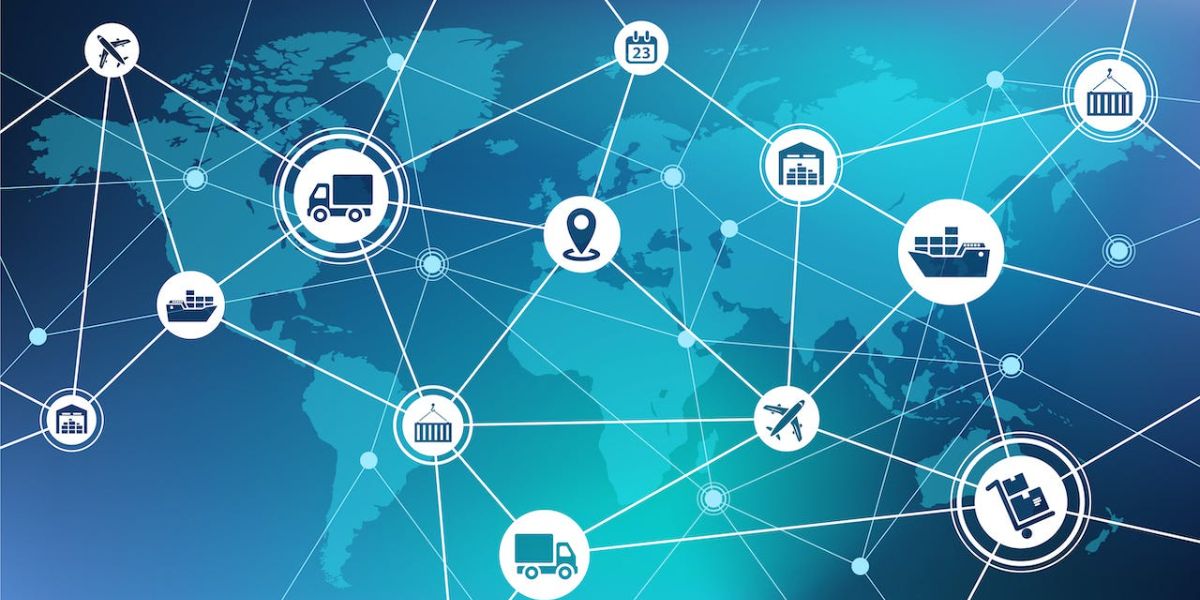
In today’s interconnected business landscape, supply chain security has emerged as a critical concern for companies worldwide. As businesses rely increasingly on third-party vendors and suppliers to meet consumer demands, they also open themselves up to various vulnerabilities. From data breaches to logistical disruptions, the risks associated with third-party involvement can have far-reaching consequences. In this comprehensive guide, we delve into the strategies and best practices for safeguarding your supply chain against these risks.
Understanding Third-Party Risks
Third-party risks encompass a broad spectrum of potential threats that stem from the involvement of external entities in your supply chain. These risks can manifest in various forms, including:
Cybersecurity Vulnerabilities: Third-party vendors may lack robust cybersecurity measures, making them susceptible to cyberattacks and data breaches.
Logistical Disruptions: Dependence on external suppliers increases the risk of disruptions due to natural disasters, geopolitical issues, or operational inefficiencies.
Compliance and Regulatory Issues: Failure to ensure compliance with regulations across the entire supply chain can result in legal ramifications and reputational damage.
Assessing Vulnerabilities in Your Supply Chain
To effectively mitigate third-party risks, it’s crucial to conduct a thorough assessment of your supply chain’s vulnerabilities. This process involves:
Vendor Due Diligence: Implementing stringent vetting processes to evaluate the security measures and reliability of third-party vendors.
Risk Profiling: Identifying critical points of failure within the supply chain and prioritizing risk mitigation efforts accordingly.
Continuous Monitoring: Implementing real-time monitoring systems to detect and address potential vulnerabilities as they arise.
Implementing Robust Security Measures
Once vulnerabilities are identified, it’s essential to implement robust security measures to mitigate third-party risks effectively. Key strategies include:
Contractual Obligations: Incorporating comprehensive security clauses in vendor contracts to ensure adherence to cybersecurity protocols and compliance standards.
Data Encryption: Encrypting sensitive data transmitted between third-party vendors and internal systems to prevent unauthorized access.
Access Controls: Implementing stringent access controls and multi-factor authentication mechanisms to restrict unauthorized access to critical systems and information.
Building Resilience Through Collaboration
Collaboration plays a pivotal role in enhancing supply chain security and resilience. By fostering collaboration among stakeholders, companies can:
Share Threat Intelligence: Exchange information and insights regarding emerging threats and vulnerabilities to proactively address potential risks.
Conduct Joint Drills: Collaboratively conduct tabletop exercises and simulations to test response plans and enhance preparedness for potential disruptions.
Establish Redundancies: Identify alternative suppliers and logistical routes to mitigate the impact of disruptions in the supply chain.
Embracing Technology Solutions
Leveraging advanced technologies can significantly enhance supply chain security by providing greater visibility and control. Key technological solutions include:
Blockchain Technology: Implementing blockchain-based supply chain solutions to enhance transparency, traceability, and security.
Artificial Intelligence (AI) and Machine Learning: Utilizing AI-driven analytics to detect anomalies and potential security threats in real-time.
Internet of Things (IoT): Deploying IoT devices for asset tracking and monitoring to enhance supply chain visibility and resilience.
Final Words
In an increasingly interconnected and digitized business environment, safeguarding against third-party risks is paramount for ensuring supply chain security and resilience. By conducting thorough risk assessments, implementing robust security measures, fostering collaboration, and leveraging advanced technologies, companies can mitigate vulnerabilities and build a more resilient supply chain ecosystem.
Commonly Asked Questions
1. How can companies assess the cybersecurity measures of third-party vendors?
Companies can assess the cybersecurity measures of third-party vendors through comprehensive vetting processes, including security questionnaires, audits, and third-party risk assessments.
2. What role does collaboration play in enhancing supply chain security?
Collaboration among stakeholders facilitates the sharing of threat intelligence, conducting joint drills, and establishing redundancies, ultimately enhancing supply chain security and resilience.
3. What are some technological solutions for enhancing supply chain security?
Technological solutions such as blockchain technology, artificial intelligence, and IoT devices can enhance supply chain security by providing greater visibility, traceability, and real-time threat detection.
4. How can companies prepare for potential supply chain disruptions?
Companies can prepare for potential supply chain disruptions by conducting risk assessments, implementing robust security measures, fostering collaboration, and leveraging advanced technologies to enhance resilience.
5. Why is supply chain security essential for businesses today?
Supply chain security is essential for businesses today to mitigate the risks associated with third-party involvement, including cybersecurity vulnerabilities, logistical disruptions, and regulatory compliance issues.
Advertisement








